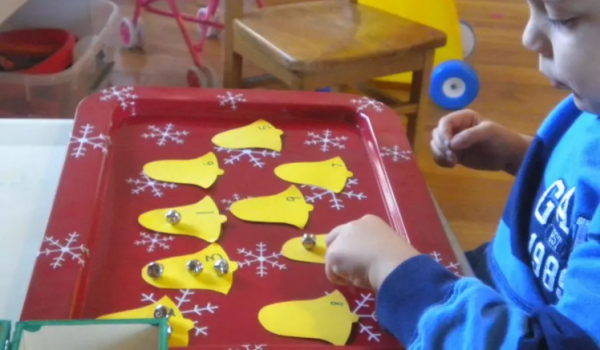The basic motto of the Montessori philosophy is: “Help me do it myself.” In line with this motto, Montessori activities encourage children’s self-sufficiency, independence, critical thinking and fine motor development. In addition, Montessori activities are organized according to the interests and developmental needs of children.
So what are the features of Montessori activities?
Montessori activities focus on intrinsic motivation: According to Montessori philosophy, motivation does not focus on punishments or rewards. Children participate in learning activities because they have a genuine desire to understand the world and these activities satisfy their desires.
It is prepared in line with the child’s area of interest and sensitivity: According to the Montessori philosophy, there are certain sensitivity stages with the absorbent mind function in children from birth to 6 years old. Children at this stage have a very high learning capacity. Montessori activities support the interest and ability of the child in the sensitivity stage and help him realize himself.
Montessori materials have an error control feature:
Montessori materials are designed with an error control that automatically guides them. This means that the child can discover and correct his mistake without adult intervention. Montessori materials encourage independence with this feature.
Montessori activities appeal to the senses:
Maria Montessori discovered that children learn better when the senses are involved in the learning activity. He called the children “sensory explorers” and argued that what is not put into their hands cannot be put into their minds.
Supports concentration:
In Montessori activities, children work independently of time and can repeat the activity as many times as they want. This way of working also supports the ability to concentrate intensively.
